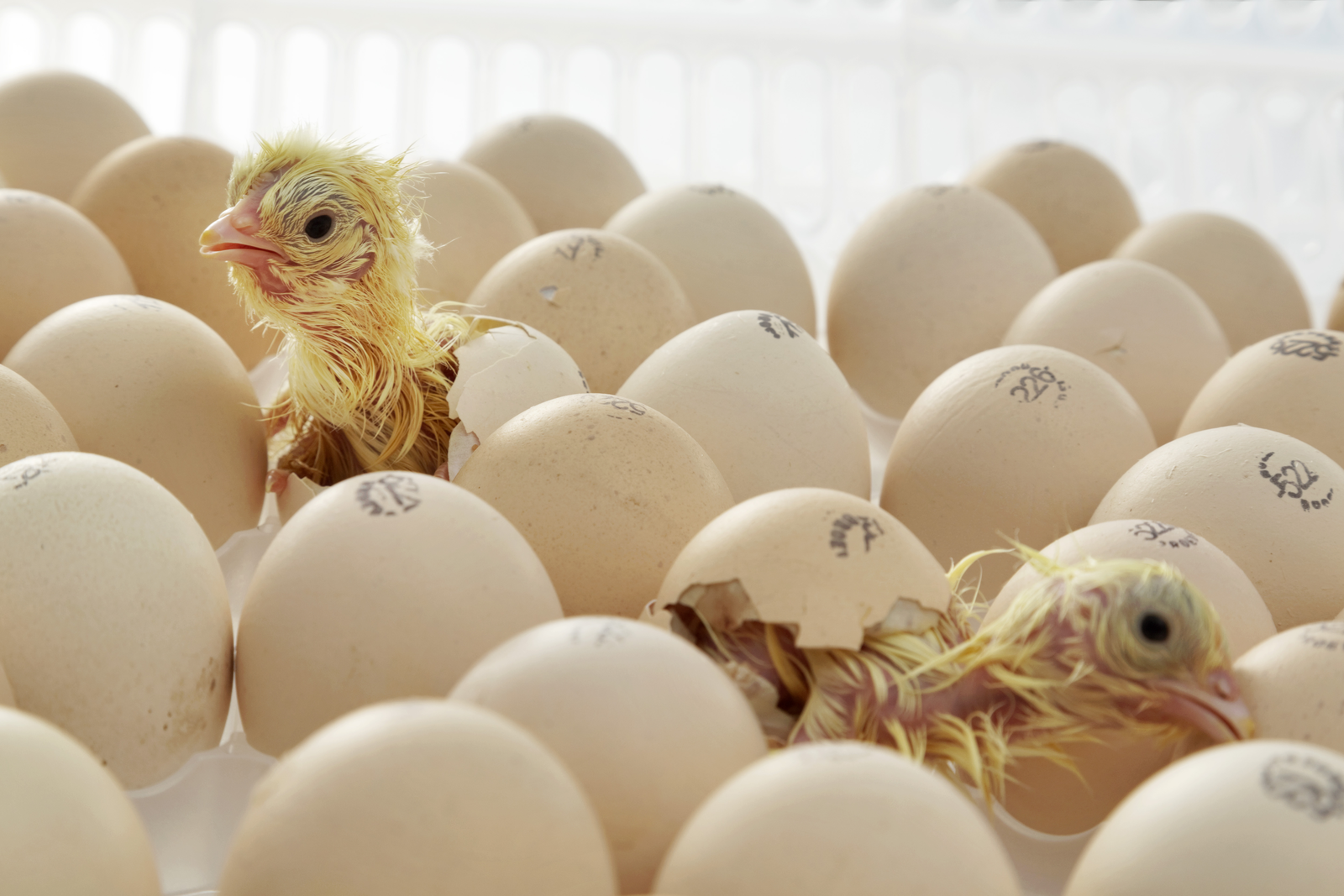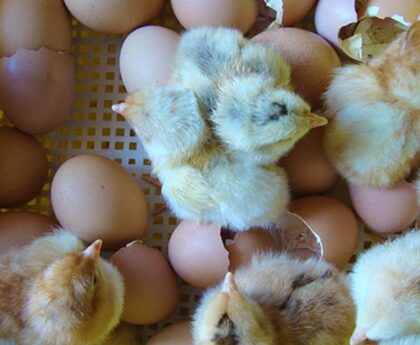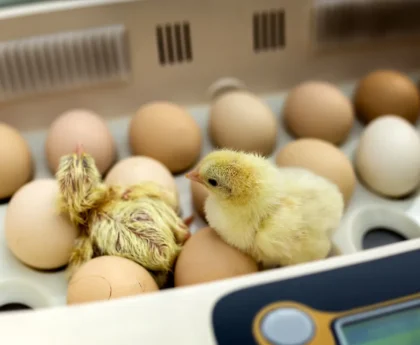Optimize Your Hatch Rate: The Importance of Egg Hatching Duration
As a poultry farmer, your ultimate goal is to maximize your hatch rate – the percentage of fertile eggs that hatch successfully. This is essential for profitability and sustainability. One factor that significantly affects hatch rate is the duration of egg hatching – the time it takes for chicks to emerge from their shells. In this article, we’ll delve into the importance of egg hatching duration and explore ways to optimize it for better results.
Increase Your Success: Understanding Egg Hatching Duration
Egg hatching duration is influenced by various factors, including incubation temperature, humidity, egg turning frequency, and egg quality. The average hatching duration for chicken eggs is 21 days, but this can vary depending on the breed, incubation conditions, and other factors. For instance, some breeds like bantams may take 19-20 days, while others like guinea fowl may take 26-28 days.
During egg hatching, the chick undergoes various developmental stages, from embryonic growth to pipping (breaking through the shell) to hatching. Each stage requires specific conditions to ensure proper growth and development. If the incubation conditions are not optimal, the hatching duration may be prolonged, leading to reduced hatch rates, weaker chicks, and higher mortality rates. Therefore, it’s crucial to understand the egg hatching duration for your target breed and create the appropriate incubation environment.
Don’t Miss Out: Maximize Your Hatch Rate Potential
To optimize your hatch rate potential, you need to focus on creating the ideal incubation conditions for your eggs. This involves monitoring and adjusting the incubation temperature, humidity, egg turning frequency, and ventilation throughout the hatching process. You can use a reliable incubator with automated settings or manually adjust the conditions using a thermometer, hygrometer, and egg turner.
You should also consider the quality of your eggs before incubation to ensure that you’re starting with the best possible stock. Collect eggs regularly, store them in a clean and dry environment, and discard any that are cracked, dirty, or abnormal. Additionally, avoid overcrowding the incubator and ensure that the eggs have enough space to hatch comfortably.
In conclusion, optimizing egg hatching duration is crucial for maximizing your hatch rate potential. By understanding the factors that influence hatching duration and creating the ideal incubation conditions, you can increase your chances of hatching healthy and robust chicks. Remember, every step counts, and even small adjustments can make a significant difference in your poultry farming success.





